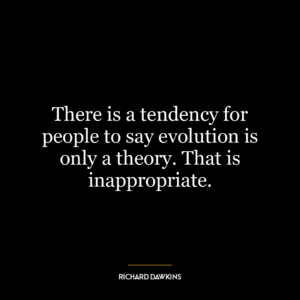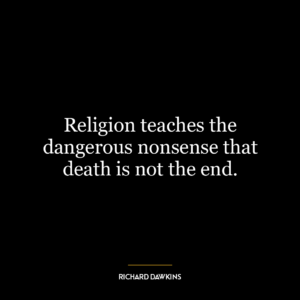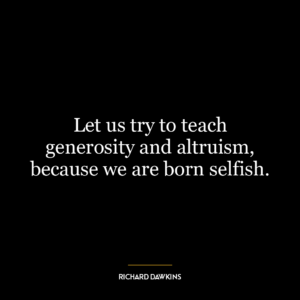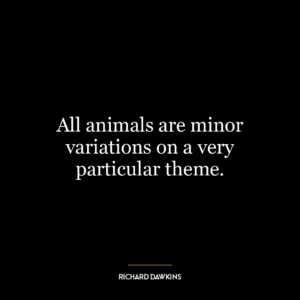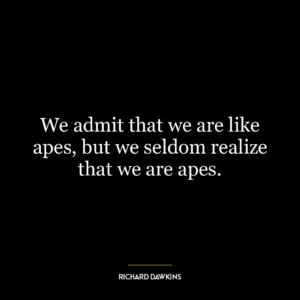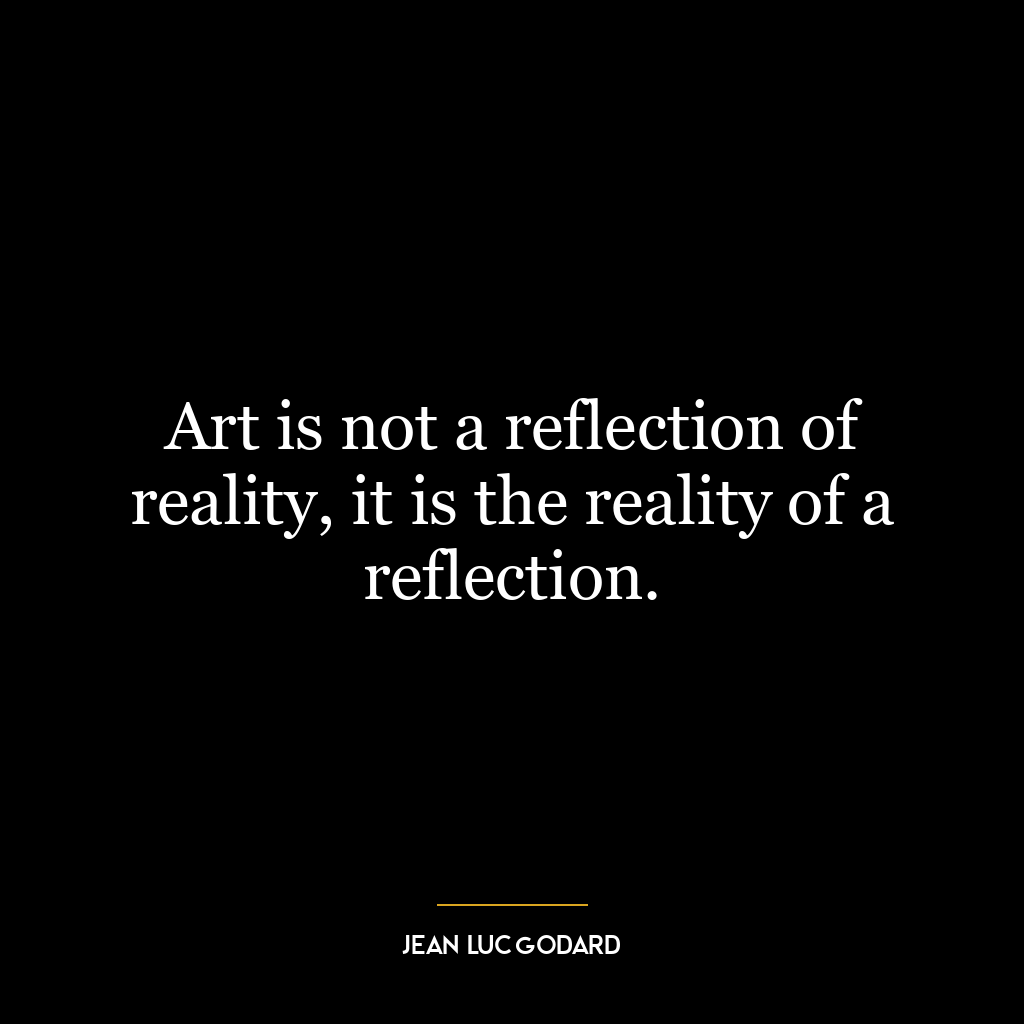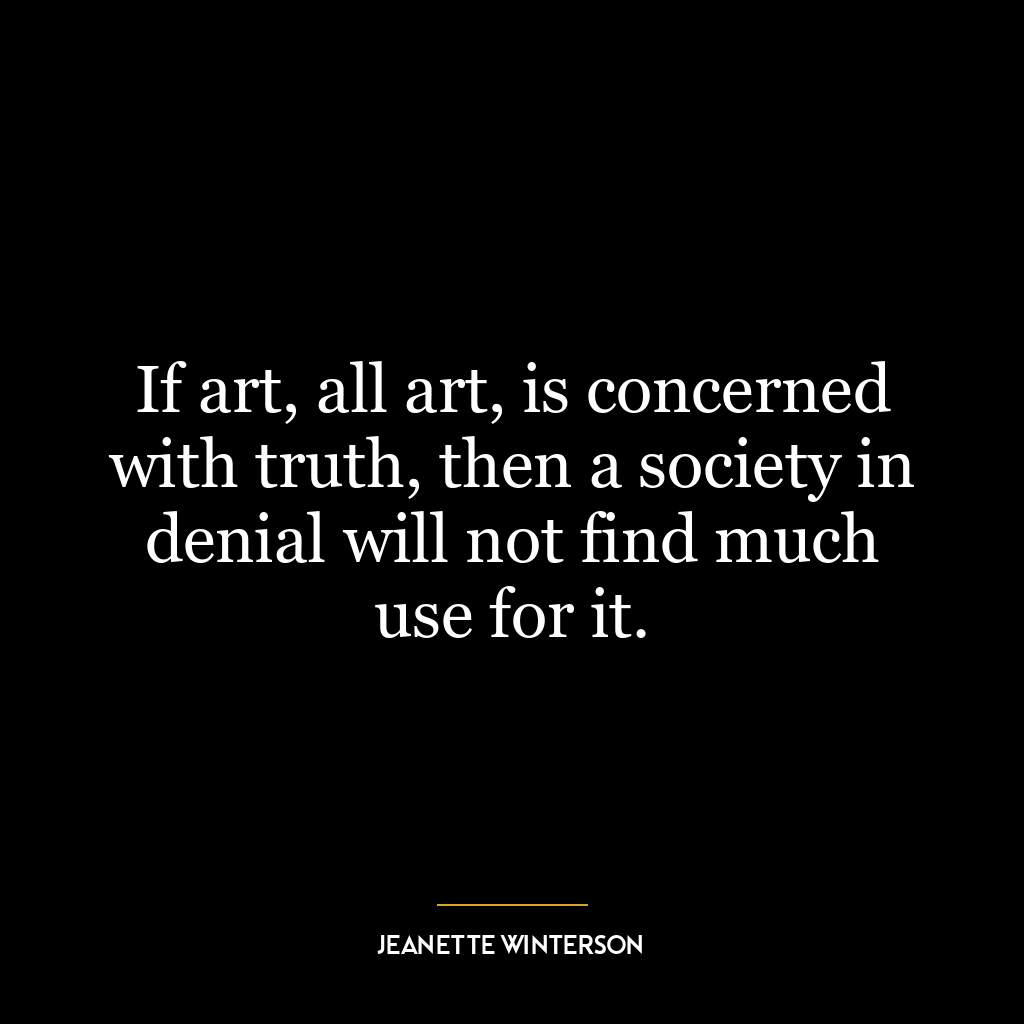Two religions cannot both be right, because they contradict each other, yet they can both be wrong.
This quote essentially highlights the concept of contradiction and mutual exclusivity in religious beliefs. If two religions profess completely different, mutually exclusive truths about the universe and existence, they cannot both be accurate. For example, if one religion states that there is one god and another asserts there are multiple gods, both cannot be correct simultaneously.
However, the second part of the quote presents an alternative perspective. While both religions cannot be right due to their contradictory beliefs, they can both be wrong. This means that both religions could potentially be misinterpreting or misunderstanding the nature of existence, divinity, or spirituality.
Applying this idea to today’s world, it encourages open-mindedness and critical thinking. In a diverse society where multiple religions coexist, it’s important to respect different beliefs while acknowledging that they can’t all be factually correct due to their contradictions. This doesn’t mean that all religions are wrong, but rather it’s a reminder that human understanding of the universe is limited and constantly evolving.
In terms of personal development, this quote can inspire individuals to question, explore, and form their own beliefs. It encourages intellectual humility, the understanding that we may not have all the answers and that our beliefs may evolve over time. This can lead to a more nuanced and open-minded view of the world, fostering empathy and understanding towards people with different beliefs. It also encourages individuals to seek truth and understanding not just in religious doctrines, but also in personal experiences, scientific discoveries, and philosophical discourses.




